Coronavirus vaccines: Australia’s top doc Brendan Murphy outlines ‘path to relax’ after ‘disruptive’ lockdowns
The face of Australia’s COVID-19 response says it’s time to ‘move on’ from the ‘very extreme measures’ states have been forced to take during outbreaks.

Australia’s imminent vaccine rollout will put us on a “path to relax” after a “very disruptive” series of state lockdowns, the nation’s top doctor says.
A parliamentary inquiry into vaccines heard on Friday Australia was keen to “move on” from damaging border closures and state lockdowns.
Since Victoria’s damaging second wave last year, states have implemented snap lockdowns and border closures in response to minor outbreaks.
Perth was sent into lockdown on Monday after a hotel quarantine worker tested positive to the highly contagious UK COVID-19 strain.
But Health Department secretary Brendan Murphy told the inquiry vaccines could put an end to the “disruptive” measures.
RELATED: Australia secures extra doses of Pfizer vaccine
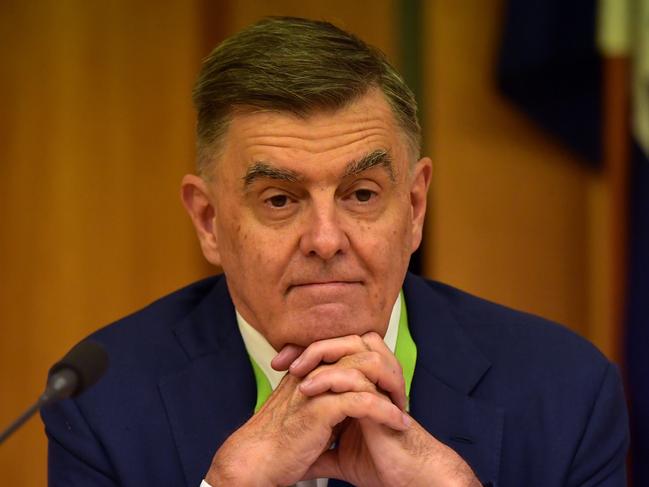
“The risk appetite in the states and territories is such that very extreme measures are often taken for short periods of time,” he said on Friday.
“They are very disruptive and we want to move on. We want to get to a position where if the population is vaccinated, we might get small outbreaks but not be so worried.
“Progressively as we get more and more people vaccinated … we will be on a path to relax.”
Despite the lockdowns, Prime Minister Scott Morrison said the situation had drastically improved since March when Australia was “staring into the abyss”.
“We were extremely concerned about tens of thousands of Australians dying. Now, we don’t have those concerns now,” he told reporters on Friday.
He hoped vaccinations would eventually make COVID-19 akin to the flu.
“We don’t stand up every day and talk about the number of cases of any other virus, flu or others, every day,” he said.
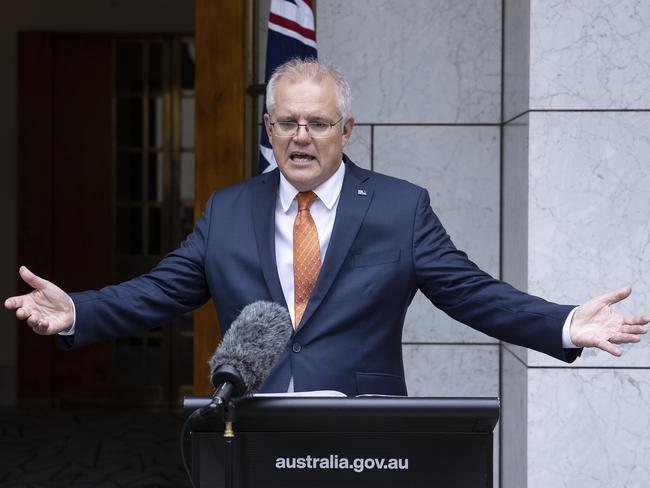
“That’s not to say that those viruses don’t result ultimately in fatalities for vulnerable people either, they do.
“But we manage that a different way to the way we’re currently managing this pandemic.”
The majority of Australians will receive the AstraZeneca vaccine, which will be administered in two doses.
The Australian government has ordered 53 million doses of the jab, 50 million of which will be produced onshore by manufacturer CSL.
Health Department deputy secretary John Skerritt told the inquiry approval for AstraZeneca’s overseas doses was set for mid-February.
Those manufactured onshore would have to be checked separately to ensure they were identical in terms of safety and quality.
Professor Skerritt said process was expected to take a few days in mid-March.
Professor Murphy also played down fears the AstraZeneca jab would not be safe for elderly people after Belgian authorities recommended against it being administered to those aged over 55.
“There is no evidence that the AstraZeneca vaccine is not effective for older people,” he said.
“It’s simply that there is a paucity of trial data. (But) there’s quite good laboratory data suggesting it produces a good immune response.”
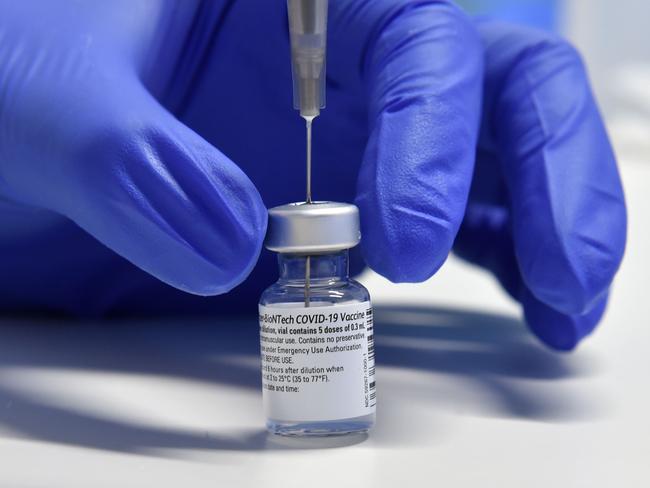
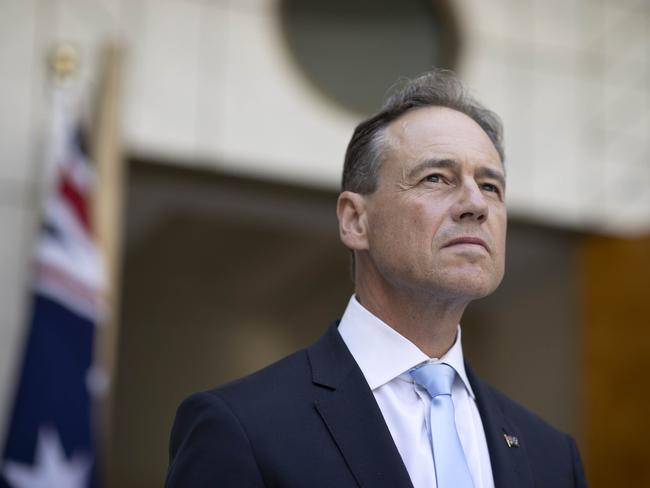
The government confirmed it had doubled Australia’s order of the Pfizer vaccine on Thursday, striking a deal for a further 10 million doses.
The Pfizer vaccine was the first approved by the TGA and will be administered to the most vulnerable, including frontline workers and aged care residents.
Professor Murphy said the government may now be able to broaden access to the Pfizer vaccine depending on when the extra doses arrived onshore.
Tests suggested the jab had a higher efficacy rate than the AstraZeneca version, but Professor Murphy said both were “extremely effective” at reducing serious illness.
He said the AstraZeneca jab had several advantages.
“It’s made locally and we’ll have plentiful supply,” he said.
“Our view is that the AstraZeneca vaccine is an extremely good vaccine, it was very effective at preventing COVID disease and extremely effective at preventing severe disease.”
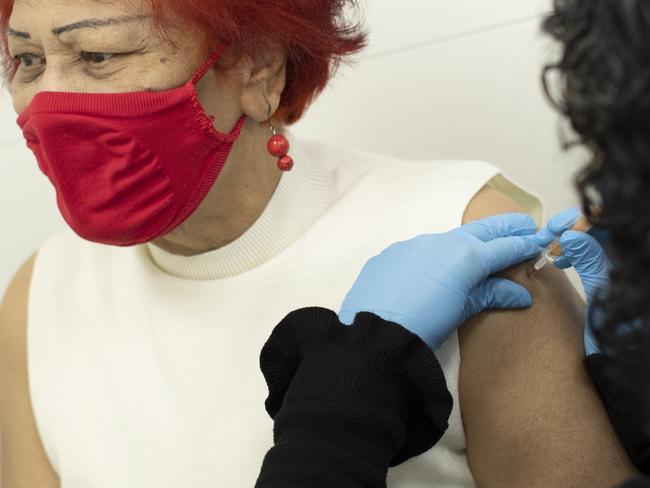
The Pfizer vaccine also needed to be transported at -70C, but AstraZeneca was not subject to that restriction.
Australians were also unlikely to receive doses of different vaccines, Professor Murphy revealed.
He said the government planned to ensure no first dose was administered without the capacity for a second dose.
The Therapeutic Goods Administration aimed to grant approval to as many vaccines as possible over the next two years.
The Pfizer vaccine was granted emergency approval last year by the UK and US, which Professor Skerritt said were forced to “build the plane as it was flying”.
But he said Australia had the luxury of learning lessons from elsewhere.
“We have had the advantage in Australia of almost eight weeks experience in some overseas countries,” he said.
“The really encouraging thing is that serious but rare adverse events generally occur for six, maybe eight maximum, weeks after a vaccination, if they appear at all.
“We’re not getting those signals, and that’s great news.”


